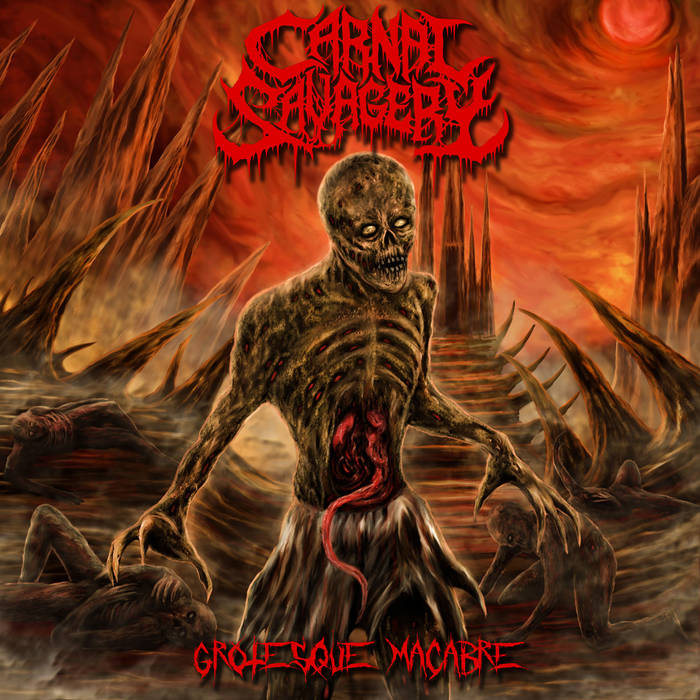
As one commentator observed, it would be superfluous to separately list PSG, sexual orientation, and gender, if sexual orientation and gender were considered PSGs. The modern law offers protection to people in a PSG, homosexuals, and people who face persecution on account of gender. To the extent that the modern-day Swedish Alien Act is instructive, it seems clear that sexual orientation and gender were not consider particular social groups. The National Alien Act was, in turn, based on the existing Swedish practice of protecting aliens who were members of a PSG, though Swedish law from the 1950s apparently does not define PSG. So does the origin of the phrase PSG shed any light on the term’s meaning today? What-if anything-can we learn from the historic record?įirst, it seems that Judge Petrén’s addition to the Convention was based on the draft of a planned law in Sweden called the National Alien Act, which went into effect in 1954.

immigration law derives the asylum/refugee definition from Article 1 of the Convention the Withholding of Removal definition comes from Article 33). Fourteen members voted in favor of the amendment, none opposed, and eight abstained (though history apparently does not record how each country voted).Ī week later, Judge Petrén introduced the same amendment to Article 33 (non-refoulment), so it would be in conformity with Article 1 (modern-day U.S. In the transcript from November 26, he says only that the other protected categories suggest the inclusion of a “reference to persons who might be persecuted owing to their membership of a particular social group.” “Such cases existed,” said the Judge, “and it would be as well to mention them explicitly.” Without further discussion, the amendment was adopted that same day. The Swedish delegation, led by the good Judge, introduced an amendment to Article 1 adding the phrase “particular social group” or PSG. Judge Petrén offered little in the way of explanation for the addition. The original Convention listed four protected categories: race, religion, nationality, and political opinion.
#OBSCURITY SWE SERIES#
In the fall of 1951, the Conference of Plenipotentiaries on the Status of Refugees and Stateless Persons held a series of meetings to hash out the Convention on the Status of Refugees. He died in Geneva on December 13, 1976.įor all his accomplishments, it seems that Judge Petrén’s most notable achievement is probably one that he himself did not think much about at the time: In November 1951, he added the phrase “particular social group” to Articles 1 and 33 of the United Nations Refugee Convention. In 1972, Judge Petrén was knighted by the Swedish king. He was a member–and eventually President–of the European Commission of Human Rights, he was a member of the International Court of Justice, and he served as a judge on the European Court of Human Rights. He went on to other prestigious posts domestically and internationally. More significantly from the point of view of history, Judge Petrén was appointed to the Swedish delegation to the United Nations General Assembly, where he served from 1948-61. In 1949, he was recruited by the Ministry of Foreign Affairs, where he served as the Director of the Legal Department for the next 15 years.

He studied law and philosophy at Lund University, and then served in various law courts in his home country from 1933 to 1943, when he was appointed as an appellate judge.

Sture Petrén-full name: Bror Arvid Sture Petrén-was born in Stockholm, Sweden on October 3, 1908. If you’ve received asylum based on PSG, you should send your thank yous to Sture Petrén. But if you are a refugee who has escaped persecution on account of female genital mutilation, domestic violence or sexual orientation, you may owe him your life. Odds are, you’ve never heard of Sture Petrén.


 0 kommentar(er)
0 kommentar(er)
